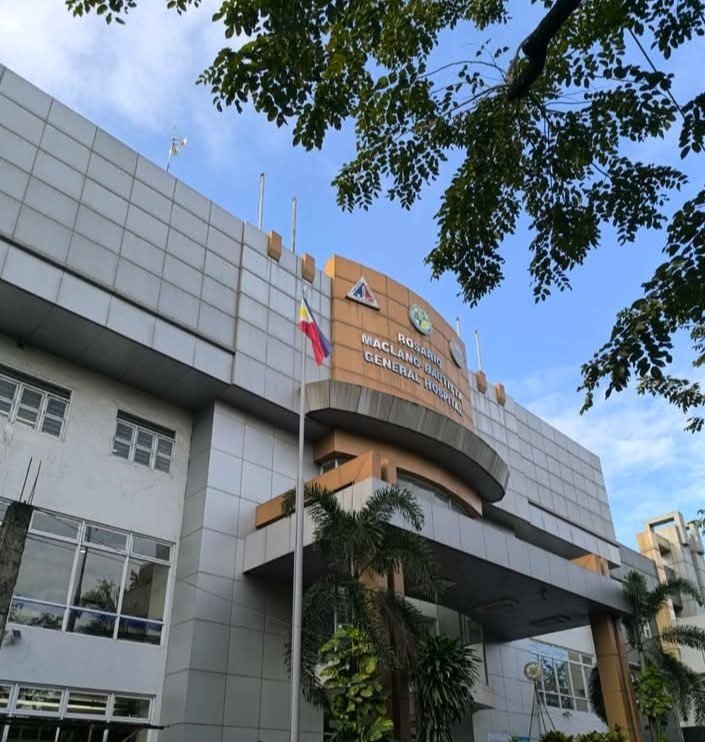
QUEZON CITY, August 3 – In time for the yearly Brigada Eskwela of the Department of Education (DepEd), toxic and waste watchdog group BAN Toxics partnered with San Antonio Elementary School (SAES) to launch a toxic-free and waste-free school campaign to promote a collaborative effort for a healthy and safe school environment.
The Brigada Eskwela’s theme for this year is “Tugon sa Hamon ng Ligtas na Balik-Aral.”
Attended by almost 500 students, teachers, parents and nearby communities, BAN Toxics teamed up with SAES along with barangay officials and private institutions to raise awareness on the importance of toxic and waste pollution prevention in school and at home. The organization emphasized the need for a Toxics-Free School Program (TFSP) to mainstream school-based environment awareness, programs, and policies to prevent toxic and waste pollution during the week-long cleanup, repair, and renovation of school facilities.
“We partnered with BAN Toxics and other stakeholders for this year’s Brigada Eskwela to promote a safe and healthy environment for our students and teachers,” says Antonio Miranda, Principal of San Antonio Elementary School in Quezon City.
At the Brigada Eskwela launch, BAN Toxics raised public awareness about the different toxic chemicals that can be found in school and at home. They also spoke about the existing environmental policies of the Department of Education towards promoting a toxic-free and waste-free Brigada Eskwela.
Toxics-Free Schools Program (TFSP) campaign was established by BAN Toxics to increase awareness on the issue of toxic pollution in schools, homes and communities. Moreover, the program seeks to promote safe and environment-friendly alternatives as well as engage the school and the community on proper sound chemicals and wastes management.
“The TFSP campaign is a collaborative effort of civil society organizations, schools, private institutions, local officials, and communities. We need the support of every stakeholder to develop a common goal of ensuring a safe and healthy environment for the students and teachers, and promote toxic-free and waste-free schools and communities.” said Thony Dizon, Toxics Campaigner of BAN Toxics.
The Toxics-Free Schools Program focuses on the toxic chemicals and wastes that might be found in schools. The hazardous chemicals include lead, mercury, phthalates, cadmium, and arsenic. Exposure to these chemicals pose serious health risks to children. The program also promotes proper and sound waste management both in school and at home. This includes proper waste segregation, implementing the 3Rs, Reduce, Reuse and Recycle, urban gardening and composting, and minimization of single-use plastics usage.
As a part of their efforts to promote environmentalism, the Department of Education issued DepEd Order No. 52, s. 2011 to strengthen environmental education in both public and private schools. The order sought to integrate environmentalism in science subjects and encourage school activities to promote students’ participation in environmental activities.







